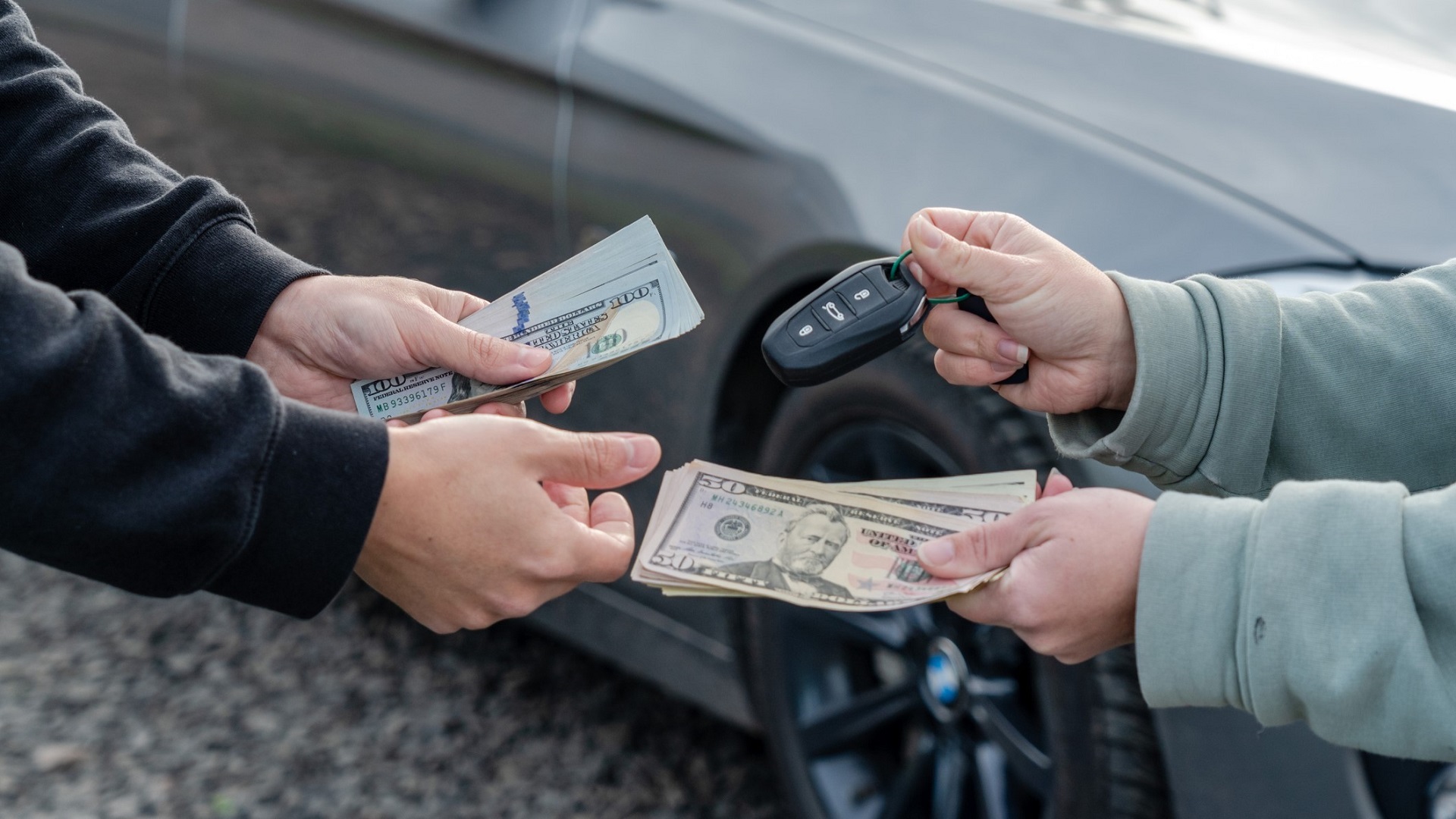
Labor Day weekend traditionally marks one of the best times to score money-saving deals on new vehicles, but not every car on the lot deserves your attention. While dealers are eager to clear inventory before 2026 models arrive, the types of vehicles below present more risk than reward for buyers.
Also here are the best times to buy a new car.
For You: I Asked a Mechanic How To Make My Car Last 300,000 Miles: Here’s What He Said
Trending Now: 10 Cars That Outlast the Average Vehicle
End-of-Model-Year Vehicles Without Long-Term Plans
Any 2025 cars purchased now will technically see accelerated first-year depreciation, according to Consumer Reports. All 2025 vehicles face faster depreciation once 2026 models hit showrooms, per Torque News. If you’re not planning to keep the vehicle long-term, avoid this depreciation hit.
Check Out: 5 Cars With Trade-In Values So Low That They’re Not Worth Selling
Discontinued Models
Cars will likely depreciate steeply if discontinued, according to Edmunds. While deals may seem attractive, discontinued models often struggle with resale value and parts availability down the road.
Electric Vehicles Without Federal Tax Credit Eligibility
The difference between buying a hybrid versus an electric vehicle (EV) could be tens of thousands of dollars in lost value, according to iSeeCars. Many EVs face steep depreciation, so ensure you qualify for federal incentives before purchasing.
Luxury Cars With Minimal Lease Benefits
Luxury automakers — mainly Lexus, Acura and BMW — usually avoid extensive discounts, according to MotorCraz. If the deal isn’t significantly better than typical offers, wait for better incentives later in the year.
Models From Overstocked Brands
Ram, Jeep, Mazda, Ford and Nissan are among those facing inventory excesses, according to CarEdge. While this creates buying opportunities, it also signals potential reliability concerns or market saturation that could hurt future resale values.
Overall, Try To Car Shop Smartly
Labor Day deals can offer genuine savings, but smart buyers should research depreciation rates, long-term reliability and true market value before signing. The best way to avoid depreciation is to buy a used or pre-owned car instead of a new car, advises U.S. News & World Report. Consider whether that “deal” truly benefits your financial future.
More From GOBankingRates
- 5 Ways Trump Signing the GENIUS Act Could Impact Retirees
- How Happy Couples Handle Money -- Even When They Disagree
- 7 Ways To Tell If You're Rich or Middle Class -- It's More Than Your Paycheck
- 5 Cities You Need To Consider If You're Retiring in 2025
This article originally appeared on GOBankingRates.com: 5 Types of Cars To Avoid Buying During Labor Day Weekend Deals







